LATEST INSIGHTS
Your Present Location: LATEST INSIGHTS-
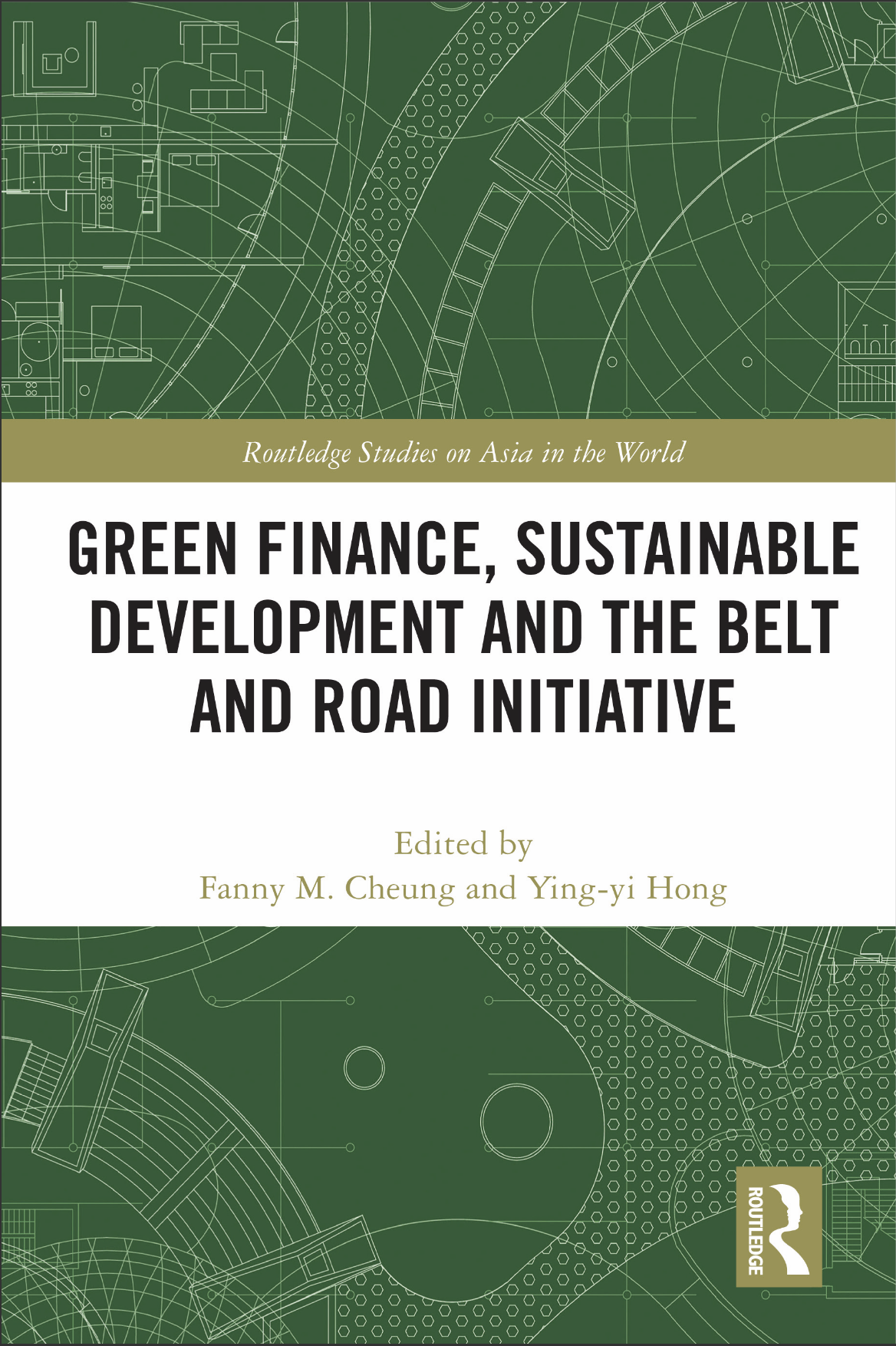
Wen Wang and Fanxin Yang: The Belt and Road Initiative and China’s green foreign direct investment
Wen Wang & Fanxin Yang, "The Belt and Road Initiative and China’s green foreign direct investment," Green Finance, Sustainable Development and The Belt and Road Initiative, Edit. by Fanny M. Cheung & ying-yi Hong, London and New York: Routledge, 2021, pp. 33-57.
2020-12-29 -

How fashion designers are transforming traditional Chinese clothing with Christmas styles
Fashion designers are transforming ancient Chinese clothing for Christmas – but not everyone is happy about it.
2020-12-28 -
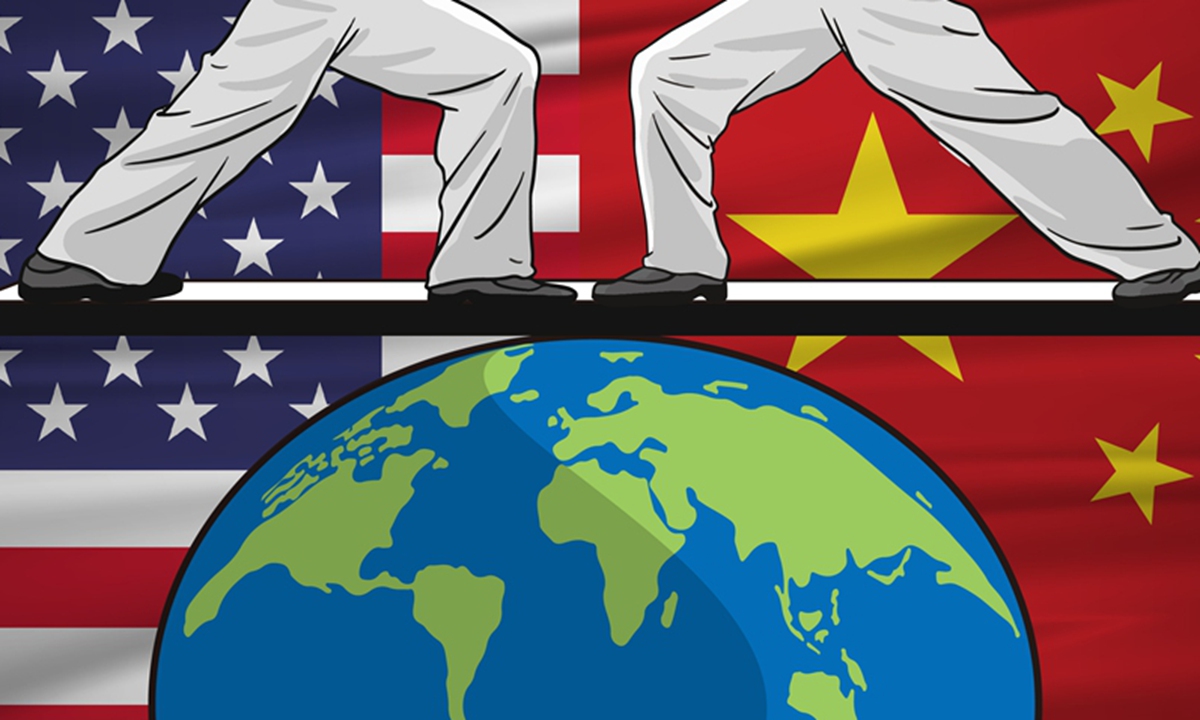
US Indo-Pacific Strategy cannot thwart China’s development: scholars
To deal with the US’ Indo-Pacific Strategy that targets China, China should try to stimulate the potential for regional economic cooperation, increase countries’ interdependence in the region and pay more attention to promote anti-virus cooperation in the context of the raging COVID-19 pandemic, Chinese experts said at an online seminar themed on analyzing different countries’ Indo-Pacific strategies on Saturday.
2020-12-28 -

Vijay Prashad and Zoe PC: Colombia’s President Shows His Disdain for Democracy and Venezuelans
On December 8, a Conviasa flight prepared to take off from Caracas, Venezuela, for Mexico City. It planned to carry 200 election observers and journalists who came to Venezuela from a range of countries to monitor the National Assembly elections that were held on December 6. The plane sat on the tarmac, luggage on board, with the passengers ready to board—at which point, the delay began. Hours went by. The airline had previously filed a flight plan, which included using Colombian airspace; now, hours before the flight was to take off, the government of Colombia denied the aircraft the right of transit (as established by the 1944 Chicago Convention, which Colombia joined in 1947). The plane took off eventually but had to land on the Colombian-Venezuelan border at Maracaibo to refuel. Tension ran through the aircraft (one of us, Vijay, was on that plane).
2020-12-28 -
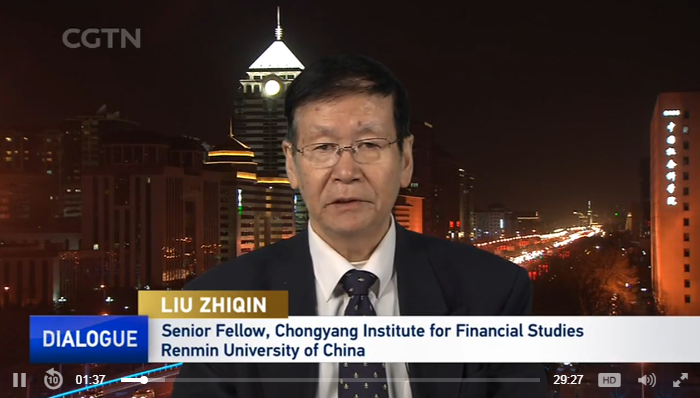
China's economy in 2021: What are the major tasks?
Liu Zhiqin, Senior Fellow of the Chongyang Institute for Financial Studies at Renmin University of China
2020-12-25 -

Liu Zongyi: New Delhi’s moves with Hanoi on S. China Sea won’t make waves
In a virtual summit held on Monday with Vietnam Prime Minister Nguyen Xuan Phuc, Indian Prime Minister Narendra Modi stressed that negotiations for a code of conduct in the South China Sea "should not undermine the interests of other countries or third parties in the region," reported the Times of India. The two leaders reaffirmed the importance of security and freedom of navigation and overflight rights in the South China Sea.
2020-12-25 -

Vijay Prashad: Ten years on, hopes of ‘Arab Spring’ snuffed out
Ten years ago, a hawker in Tunisia set himself on fire, which spurred people along the shores of the Mediterranean Sea, from Morocco to Spain, to rise up in revolt. They took to their public squares indignant at the terrible conditions under which they had to live.
2020-12-24 -
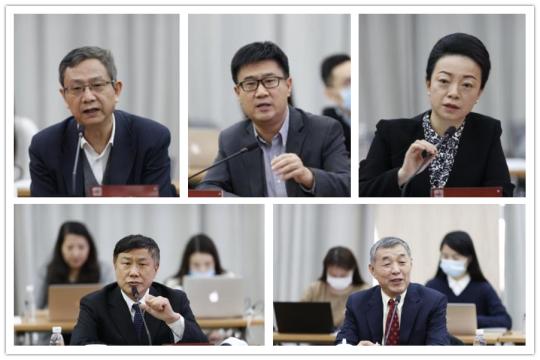
Experts weigh in on Central Economic Work Conference
The key tasks outlined at the meeting include promoting high-quality development, boosting technology innovation, consolidating the security and stability of industrial and supply chains and strengthening the domestic market's support for economic growth.
Let's take a look at what experts had to say about the meeting.2020-12-23 -
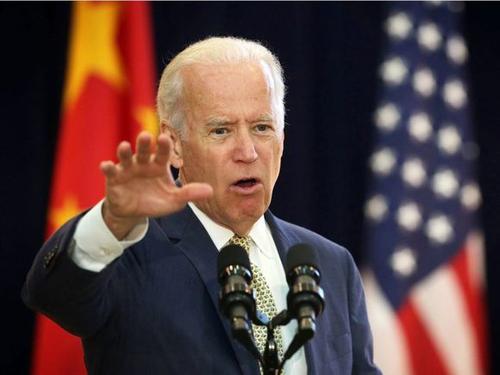
He Weiwen: Time to Turn the Page
U.S. President-elect Joe Biden will enter the White House on Jan. 20. There have been widespread conflicting expectations about what changes will take place in China-U.S. relations, which are now in their worst condition in over 40 years.
2020-12-23 -

Liu Zongyi: India slinging dirt on China with cyber hack accusation is foolish
In a recent report, Indian cyber security think tank the CyberPeace Foundation claims that millions of Indian e-commerce customers have been targeted by "Chinese hackers" during Indian festive months of October and November.
2020-12-23 -

Wang Wen: China’s green contributions underestimated
During China's annual Central Economic Work Conference held at the end of 2020, reducing carbon emission was listed as one of China's eight key tasks to focus on in 2021. China has a firm determination to tackle climate change.
2020-12-22 -
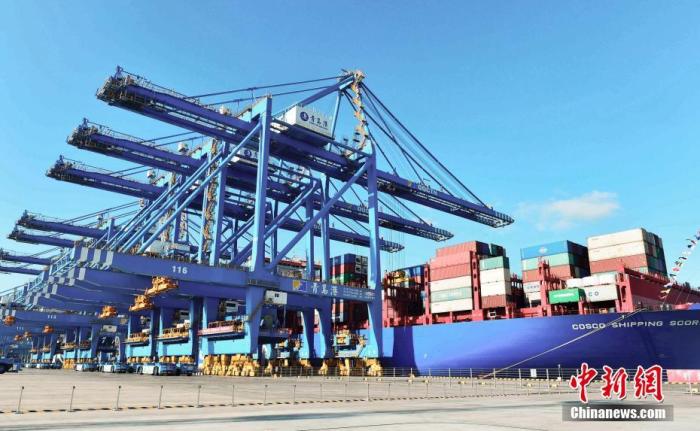
China’s economic work priorities emerge in 2021
China News Service, Beijing, December 18 (Reporter Wang Enbo) As the Central Economic Work Conference concluded in Beijing on the 18th, 2021 The focus of China’s economic work has also surfaced.
2020-12-22 -

What changes will carbon emission peaking action plan bring to China's energy structure?
China will formulate a carbon emission peaking action plan. What changes will the energy structure welcome? China News Agency, Beijing, December 18 (Reporter Xia Bin) China's carbon emissions peaking action plan has been put on the agenda.
2020-12-21 -
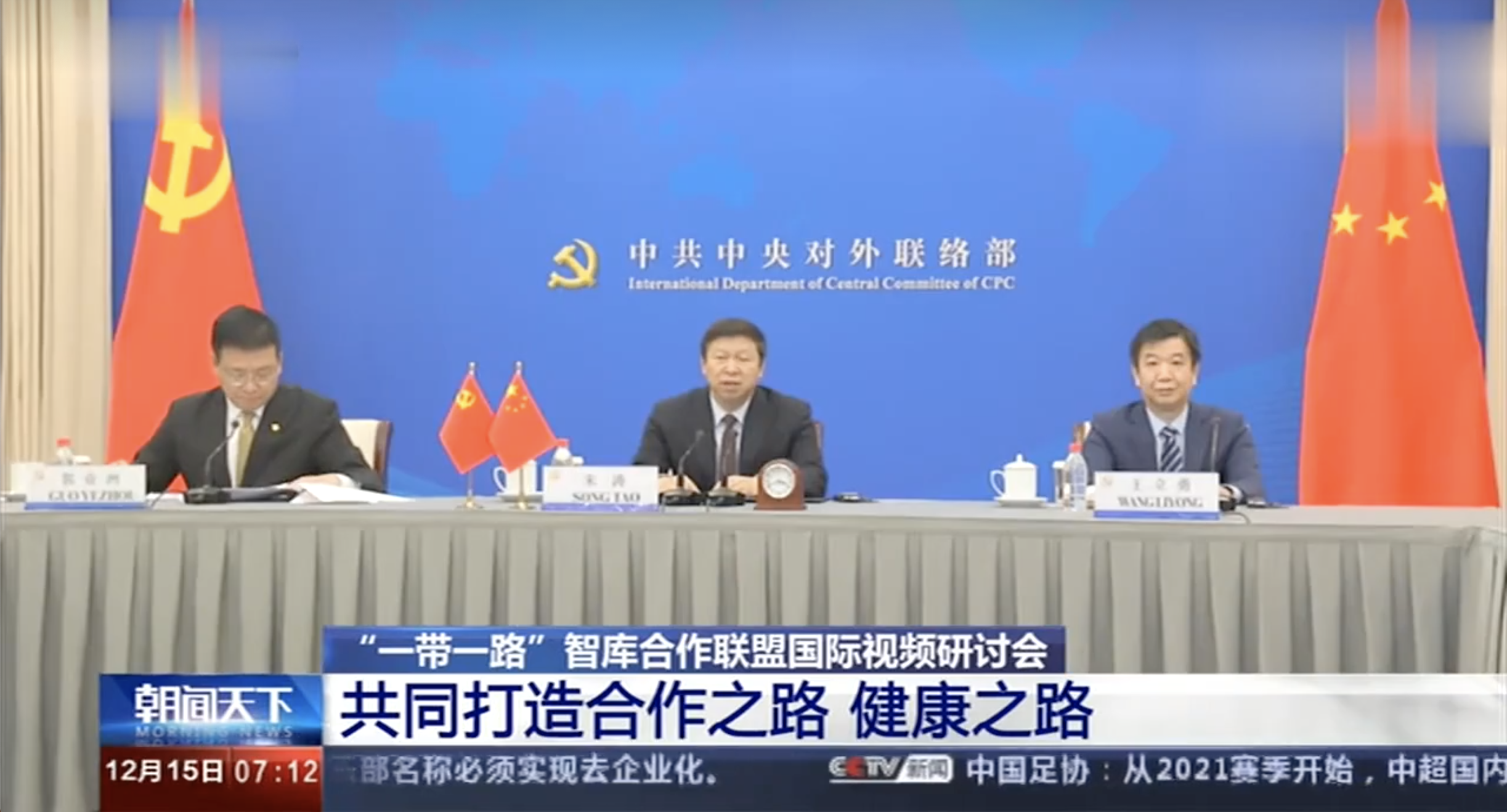
More than 20 foreign dignitaries and scholars discuss China’s new development paradigm and high-quality Belt and Road cooperation
On December 14th, 2020, under the guidance of Silk Road Think Tank Association(SRTA), “China’s New Development Paradigm and High-Quality Belt and Road Cooperation” International Webinar was held in Beijing, co-organized by Chongyang Institute for Financial Studies, Renmin University of China (RDCY) and China Center for Contemporary World Studies, International Department of CPC Central Committee (IDCPC). More than 30 former foreign dignitaries, well-known experts and scholars discussed together for the prosperity and development of the world and the bright future of mankind.
2020-12-21 -
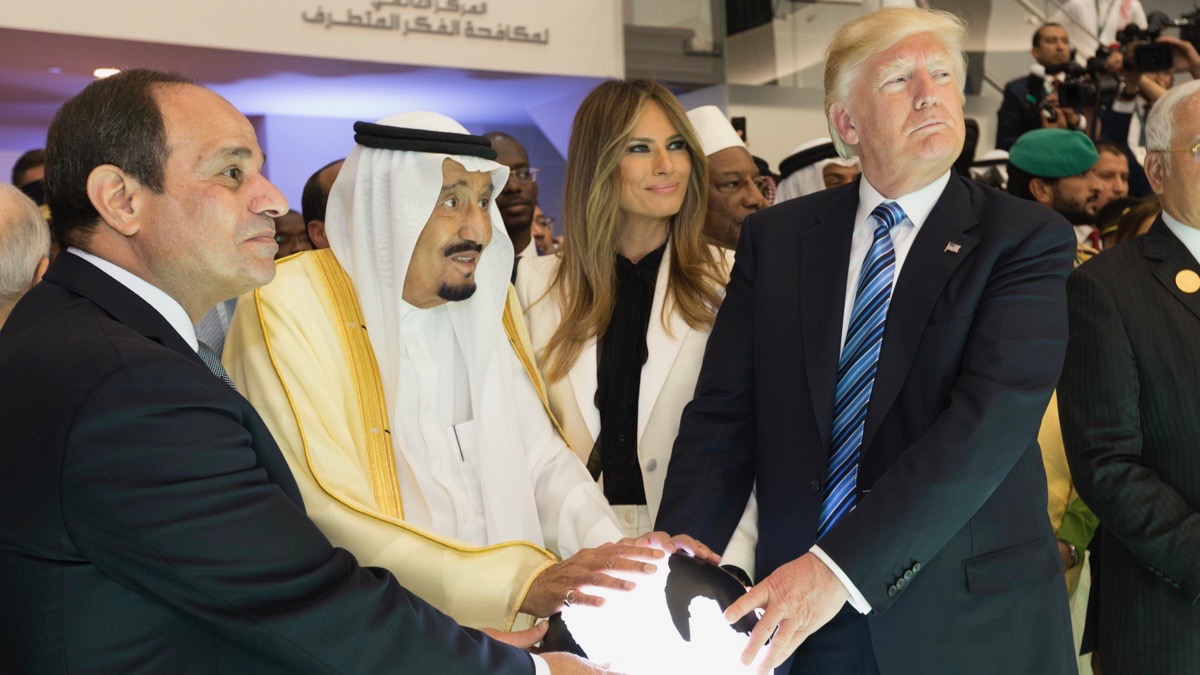
Vijay Prashad: Donald Trump’s final act: Snuffing out the promise of democracy in the Middle East
In the context of the 10-year anniversary of the “Arab Spring,” Vijay Prashad discusses Donald Trump’s efforts to crush the aspirations of the people in the Middle East
2020-12-21 -
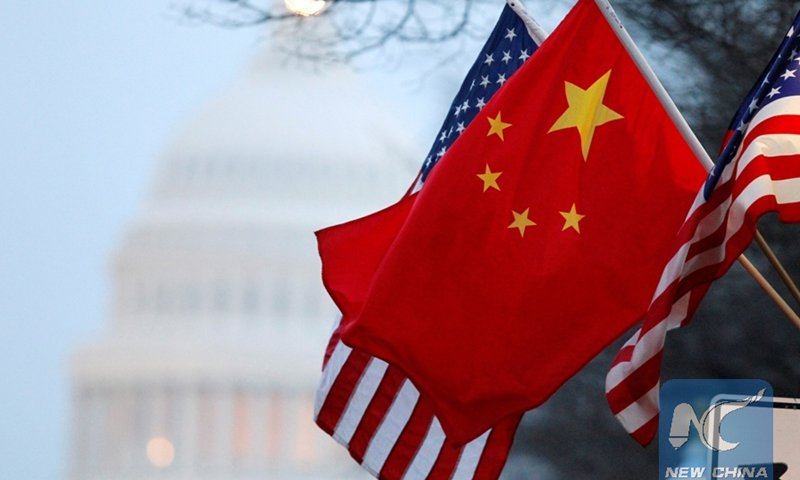
Peter Koenig: China’s Economy of Peace. The End of Dollar Hegemony?
China, about a decade ago, has deliberately embarked on an Economy of Peace. A strategy that China pursues, unimpressed by constant aggressions from the west, which are mostly led by the United States.
2020-12-18 -
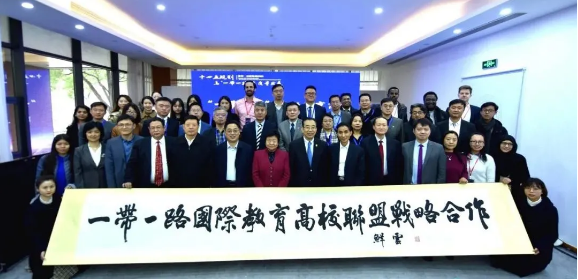
Suzhou Silk Road Forum 2020 held with the theme of 14th Five-Year Plan and High-Quality Development of Belt and Road
On December 10, 2020, "Suzhou Silk Road Forum 2020: The 14th Five-Year Plan and High-Quality Development of Belt and Road" was held in Suzhou campus of Renmin University of China. The forum was guided by China Public Diplomacy Association, hosted by Suzhou Campus of Renmin University of China and co-organized by Silk Road School of Renmin University of China and Chongyang Institute for Financial Studies of Renmin University of China (RDCY). Former foreign dignitaries, domestic senior officials, experts and scholars, social celebrities, and the Silk Road School students, a total of more than 100 people gathered. The aim was to deeply understand the 14th Five-Year Plan and the development of educational research and think tanks of the Belt and Road Initiative (BRI), launch the strategic cooperation of the BRI international education university alliance, and promote the high-quality development of the BRI education initiative.
2020-12-18 -

Le Yucheng: Unprecedented pandemic and global shifts call for greater unity and resolute action
The world today is struggling against the unprecedented COVID-19 pandemic and undergoing changes unseen in a century. The co-occurrence is profoundly reshaping the world and revamping our lives in myriad ways. Sweeping across almost all countries and regions, COVID-19 is the most serious pandemic since World War II, affecting more than 7 billion people and having claimed more than 1.5 million lives so far.
2020-12-18 -

Data shows Australian barley exports to China were dumped; experts say Australia to lose WTO case
Calling the China-imposed tariffs "reasonable," Zhou Rong, a senior research fellow at the Chongyang Institute for Financial Studies at the Renmin University of China, told the Global Times that Australia is unable to make up for the loss of exports to China if it relies on domestic demand due to the small population base in the country.
2020-12-17 -

Eric Jing admits Ant Group needs to prevent financial risks
The executive chairman of Alibaba's financial affiliate Ant Group, Eric Jing, said during an industry forum on Tuesday that the company has acknowledged that maintaining financial security and preventing financial risks are the prerequisites for technology innovation and development in the financial sector, the state mdia reported.
2020-12-16
























































































 京公网安备 11010802037854号
京公网安备 11010802037854号





